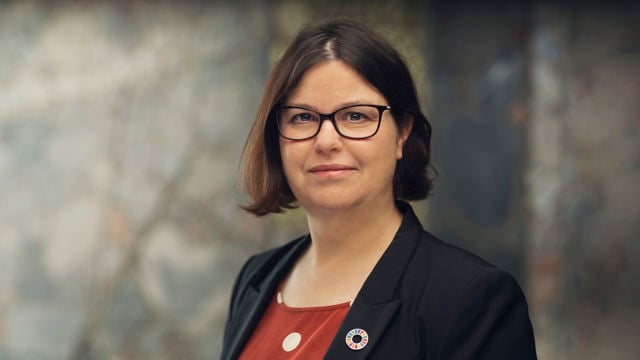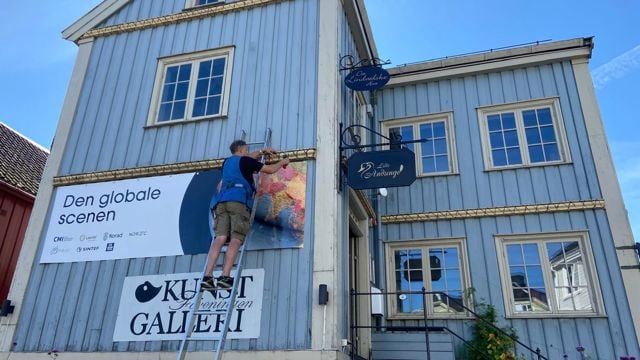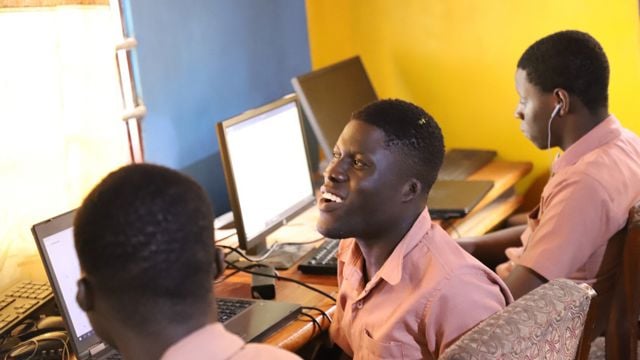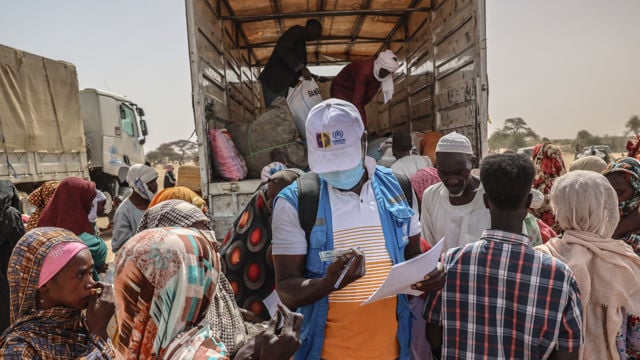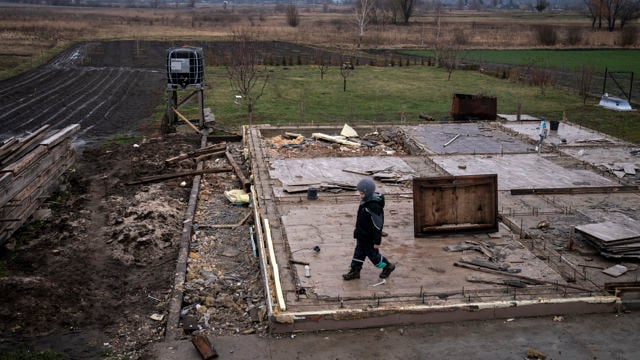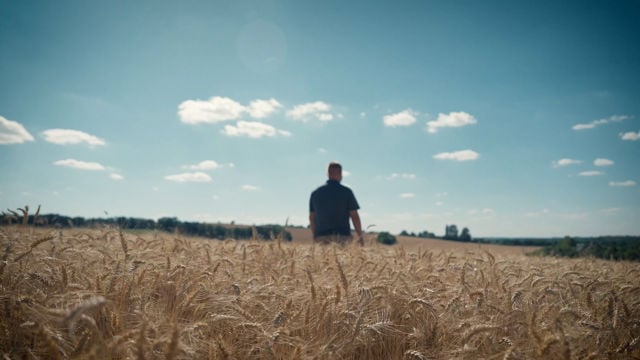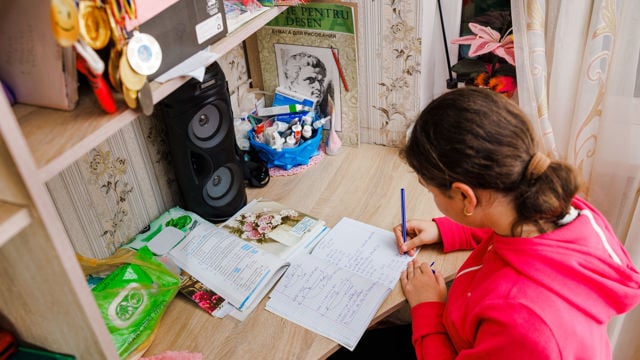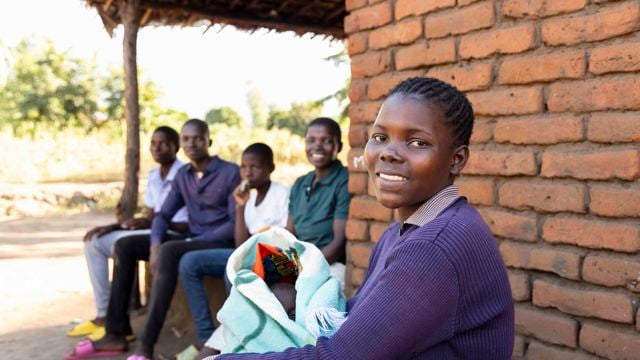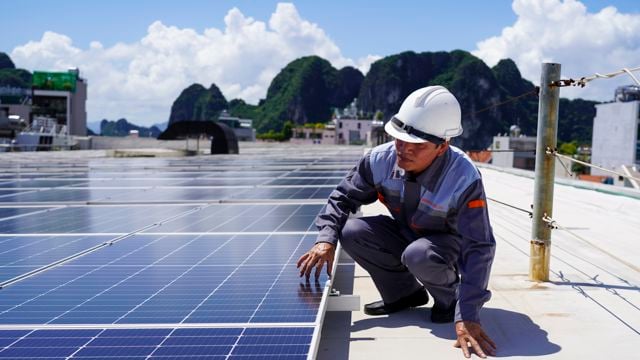Norad
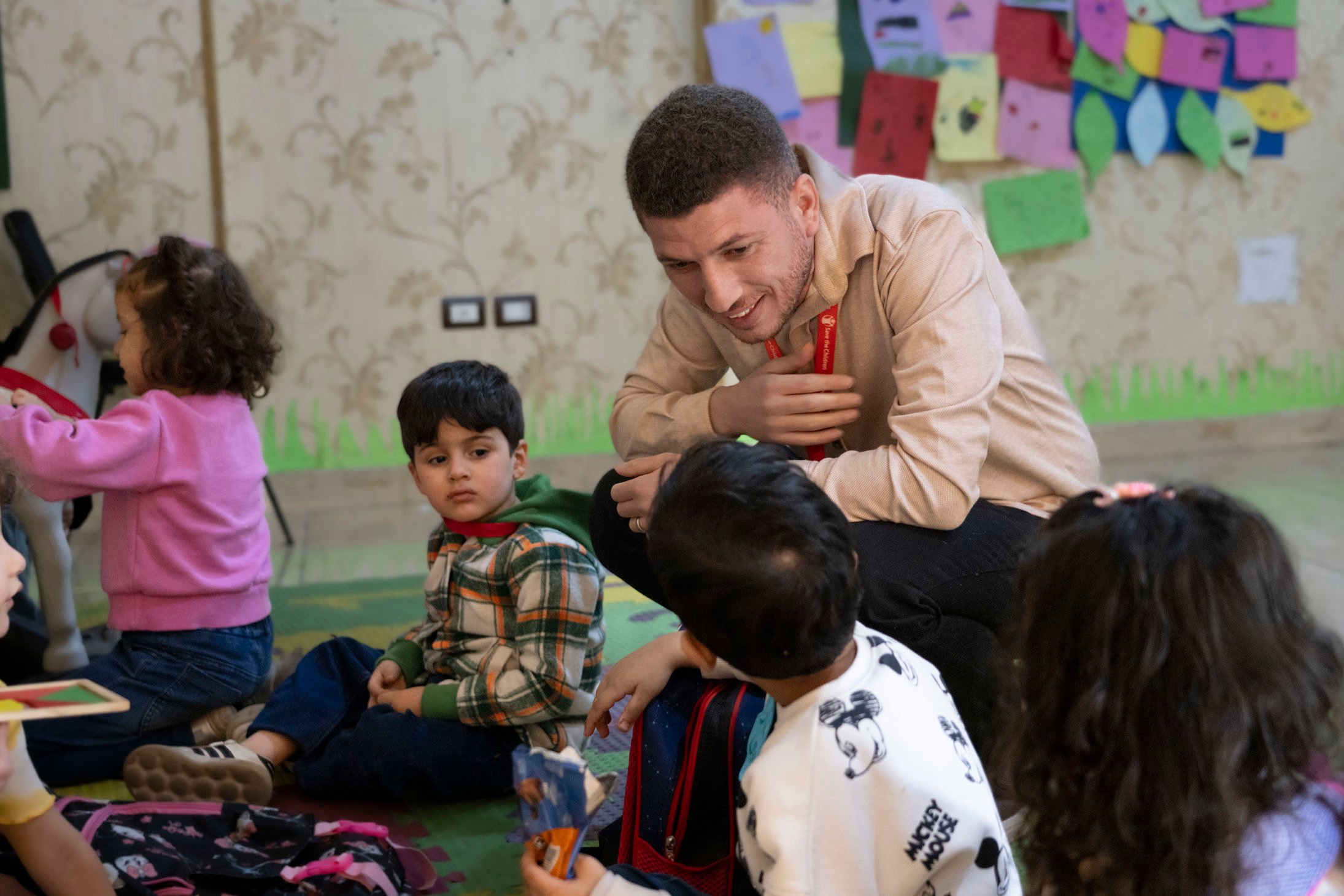
Unge stemmer i en verden i krise: – Vi må skape et sted der barn kan leke og lære
I 2024 var det rekordmange væpnede konflikter i verden – det høyeste på over 70 år. Barna rammes hardest. Norad støtter tiltak som gir barn trygghet, utdanning og en stemme.
Norad er direktoratet for utviklingssamarbeid
Norad er eit forvaltings- og fagorgan for utviklingssamarbeid og støttar Utanriksdepartementet og Klima- og miljødepartementet med å nå måla for norsk utviklingspolitikk og å fremje berekraftig utvikling. FN sine berekraftsmål, klimamåla og menneskerettane ligg til grunn for Norad sitt arbeid. Norad held til i Oslo og har om lag 320 tilsette.
Norsk bistand i tall

Nansen-programmet for Ukraina
Nansen-programmet for Ukraina er eit norsk støtteprogram for både sivil og militær hjelp, med ei totalramme på 205 milliardar kroner for perioden 2023–2030. Programmet har som mål å bidra til at Ukraina kan bestemma over eiga framtid, verna territoriet sitt og befolkninga si frå russiske angrep, halda oppe samfunnskritiske funksjonar og redusera menneskeleg liding. Vidare skal programmet bidra til å byggja opp att eit trygt og fritt Ukraina.
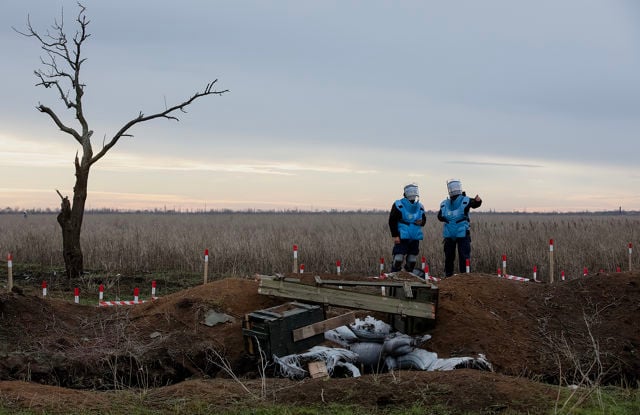
Historisk nedgang i bistand internasjonalt
Det var en nedgang i internasjonal bistand på sju prosent i 2024, etter mange år med vekst. Også norsk bistand gikk ned i fjor, og mindre av bistandspengene gikk til de fattigste landene. Det viser Norges offisielle bistandsstatistikk.
Se opptak av Norad-konferansen 2025
Hvordan skal verden klare å mobilisere nok penger til å nå bærekraftsmålene innen 2030? Det var hovedtemaet på årets Norad-konferanse «Money Talks». Helen Clark, tidligere statsminister på New Zealand, og professor i økonomi Gabriel Zucman var to av flere spennende gjester som stod på scenen under konferansen.

